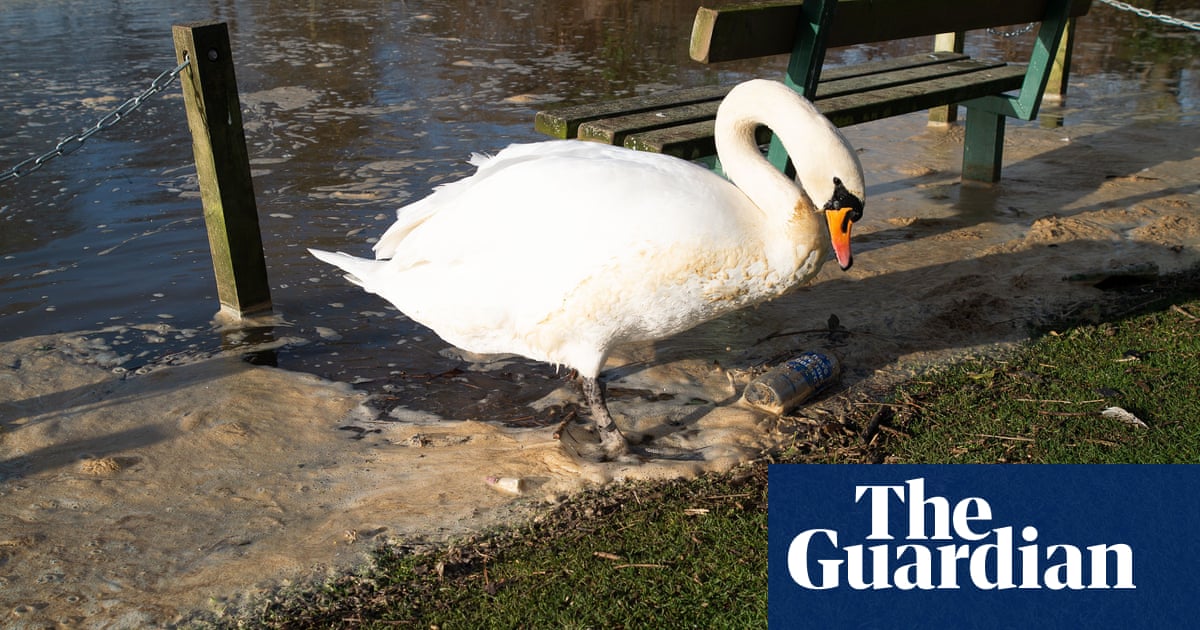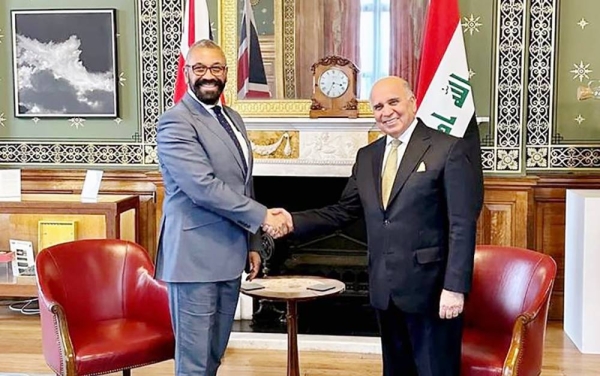
Boris Johnson’s independent adviser on ministerial interests is under pressure over his own financial dealings, with academics calling for him to step aside from his role as chair of a London university.
Christopher Geidt, who is chair of the council of King’s College London (KCL), is facing scrutiny from the University and College Union (UCU) over his job as chair of a board of the investment firm Schroders, and his advisory role at BAE Systems until April this year.
The UCU has also demanded clarification over a trip to Oman to the privy council of its former dictator Sultan Qaboos bin Said, as revealed by the diaries of the former Foreign Office minister Alan Duncan.
Lord Geidt, a former private secretary to the Queen, was appointed as Boris Johnson’s independent adviser in April. He subsequently cleared the prime minister of breaking any rules over the funding of the Downing Street flat refurbishment via a loan from a Tory donor.
In a letter seen by the Guardian, the UCU’s KCL branch, which represents about 1,500 academic and staff members, called on the university to ask Geidt to step aside pending an investigation into whether his interests were properly managed.
The UCU said it could be considered a potential conflict that Geidt was an adviser to BAE Systems from 2016 to April 2020 – at the same time as the KCL endowment fund was invested in the defence company through an intermediary fund. The university’s interest was only revealed through a freedom of information request.
The union highlighted Geidt’s role as a paid chair of a board of Schroders, an asset manager, at the same time as KCL’s endowment fund was invested in Schroders funds.
The UCU also demanded clarification over Geidt’s visit to the privy council of Qaboos, Oman’s dictator from 1970 to 2020, pointing out that “Oman state organs have multiple partnerships with the college”.
The union criticised the lack of information about the interests on the college’s official register of interests, which stated Geidt had held roles at BAE Systems and Schroders, without listing the transactions involved or the start dates of those relationships. The register does not mention Oman.
Its letter said: “It is vital that in a time of major crisis in higher education, with threats to funding cuts, a proposed 25% cut to the staff pension, the astronomical rise in student tuition fees, and an increasing divide between management and the people who make our university, that good governance is not only done in deed, but seen and sincere. We cannot see a prudent course of action except to suspend Geidt from his post pending a full, independent review.”
A KCL spokesperson defended Geidt, saying: “These claims of conflicts of interest are simply untrue, as we have robust processes to ensure that investment management decisions are made entirely independently. Lord Geidt has no involvement with investment management decisions, and no influence over investment policy and strategy. The university does not have any investments in BAE Systems. As part of our policy all members of council, including the chairman, disclose their interests every year.
“Lord Geidt provides invaluable service to King’s and we have absolute confidence in his continuing stewardship.”
They earlier said they were aware of the UCU letter and were following standard procedures in response.
Angela Rayner, Labour’s deputy leader, who has been critical of Geidt’s decision to clear the prime minister over the Downing Street refurbishment, said: “The public will rightly expect the government’s adviser on ministerial interests to be above reproach.”
The UCU previously passed a motion of no confidence in Geidt by 46 votes to three at a meeting in April. In May, after his appointment as Johnson’s independent adviser on ministerial interests, Geidt was criticised by the former shadow chancellor John McDonnell at a parliamentary hearing because of his links to BAE Systems.
McDonnell cited how the the company had been convicted of defrauding the government in the US, paying $400m in a plea bargain.
In response, Geidt said: “I absolutely appreciate what you have said, Mr McDonnell, about the record of BAE Systems, but I placed my reliance in taking on this role on the attitude of the British government, which is active in licensing the activity of BAE Systems … I was proud to do this work for a couple of years because it aligned to my previous experience and interests.”
In the same parliamentary hearing, Geidt said the cabinet secretary had examined his interests for any potential conflicts and found none, but would keep that under review.












